House Trailer Releveling Services
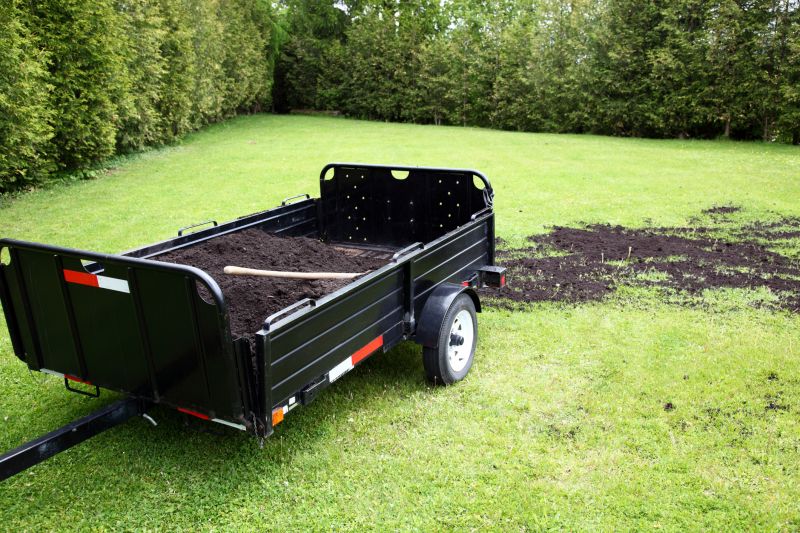
Spring offers optimal conditions for house trailer relevelings due to moderate weather and stable ground conditions.
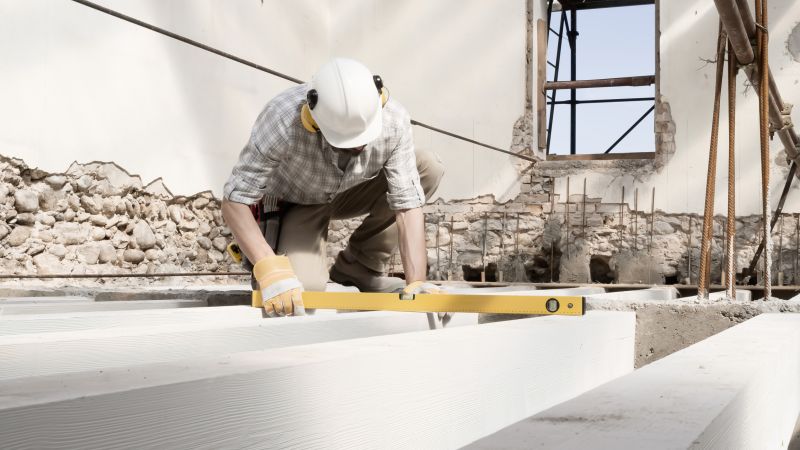
Fall provides cooler temperatures and less humidity, reducing the risk of ground shifting during releveling.
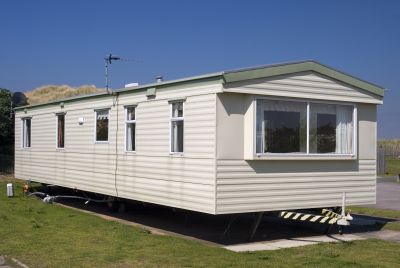
Summer can be suitable when ground moisture levels are low, but high temperatures may affect the process.
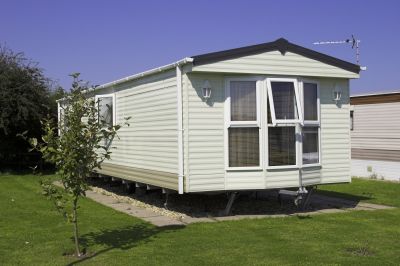
Ways to make House Trailer Relevelings work in tight or awkward layouts.
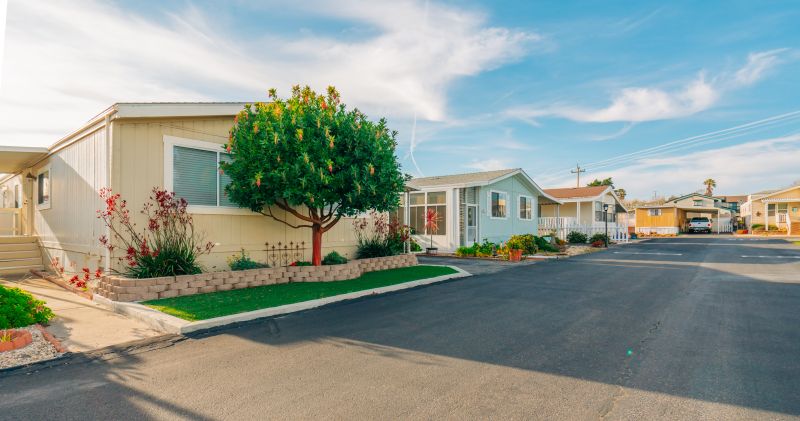
Popular materials for House Trailer Relevelings and why they hold up over time.
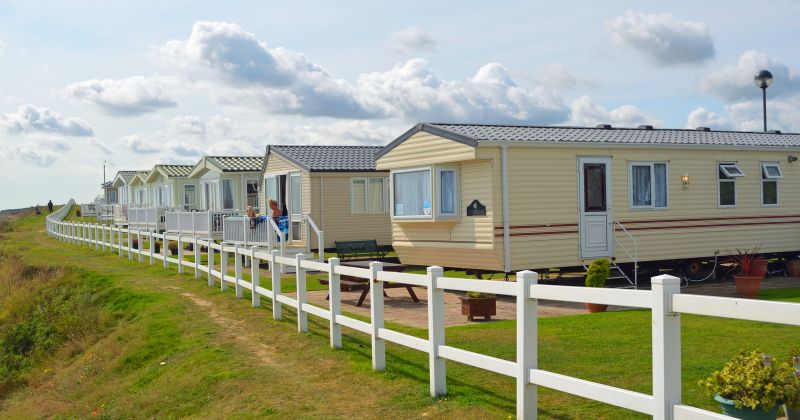
Simple add-ons that improve House Trailer Relevelings without blowing the budget.
House trailer relevelings are essential for maintaining structural integrity and ensuring proper functionality of appliances and systems. Proper leveling can prevent issues such as uneven flooring, water drainage problems, and stress on the trailer's frame. Releveling is typically recommended when noticeable unevenness occurs or after significant ground movement. The process involves adjusting the trailer's support jacks or foundation to restore a level position, which can extend the lifespan of the trailer and improve safety.
Timing relevelings during favorable weather conditions helps ensure stability and reduces complications caused by ground movement.
Uneven floors, doors that don't close properly, and water pooling are common indicators that releveling may be necessary.
Relevelings are often recommended every few years or after major ground shifts to maintain optimal trailer condition.
Soil type and moisture levels significantly influence the timing and success of releveling procedures.

Specialized tools used to adjust trailer supports for accurate leveling.

Evaluating soil stability and moisture before scheduling releveling.

Step-by-step procedures to ensure a level and stable trailer foundation.

Visuals showing ground movement impacts across different seasons.

Using support jacks to fine-tune trailer height during releveling.
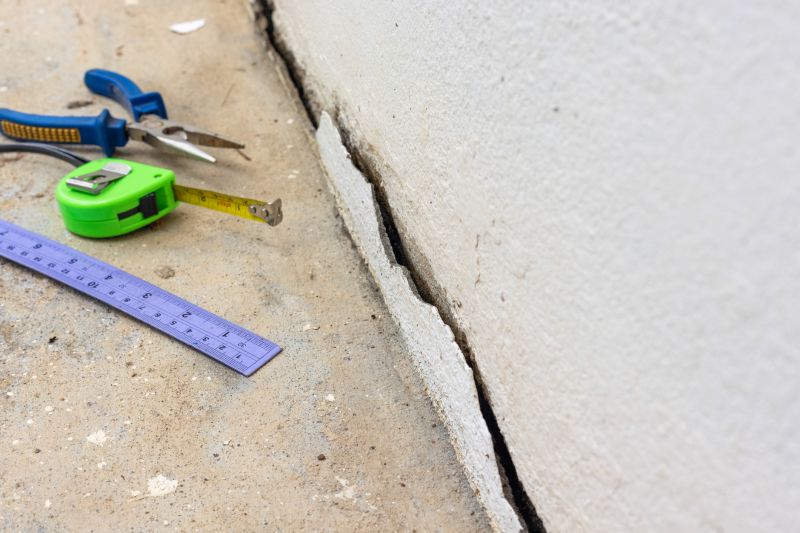
Checking for stability and proper drainage after releveling.

Illustrations of tools like levels, jacks, and shims used in the process.
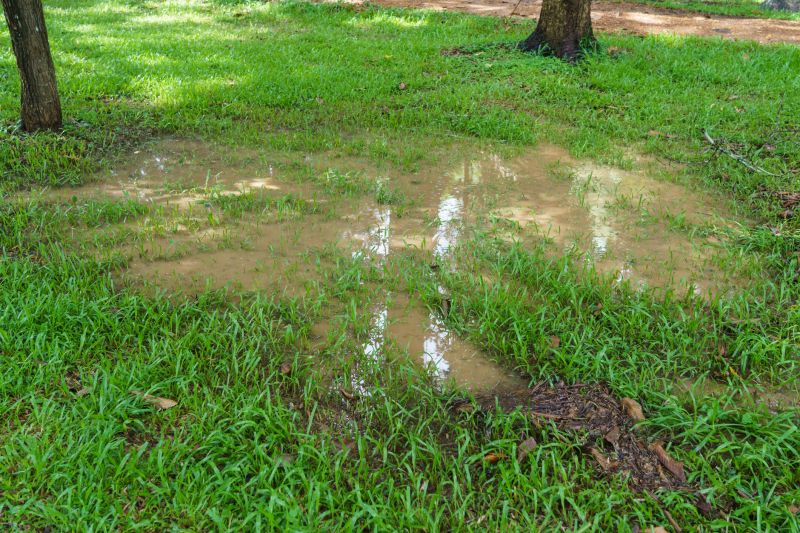
Images demonstrating how moisture levels influence ground stability.

High-end options that actually feel worth it for House Trailer Relevelings.

Finishes and colors that play nicely with House Trailer Relevelings.
| Season | Releveling Suitability |
|---|---|
| Spring | Highly suitable due to moderate weather and ground stability. |
| Summer | Suitable when ground moisture is low; avoid extreme heat. |
| Fall | Ideal due to cooler temperatures and less ground movement. |
| Winter | Less suitable due to frozen ground and unpredictable shifts. |
| Post-storm | Recommended after significant weather events that cause ground movement. |
| After ground shifting | Necessary when noticeable unevenness occurs. |
Scheduling house trailer relevelings at appropriate times can enhance safety, prolong the lifespan of the trailer, and reduce the likelihood of costly repairs. Recognizing signs of unevenness and understanding seasonal ground behaviors are key to determining the best timing. Consulting with professionals experienced in trailer leveling can ensure optimal results and help avoid potential issues caused by ground instability.

Technicians adjusting trailer supports on a sunny day.
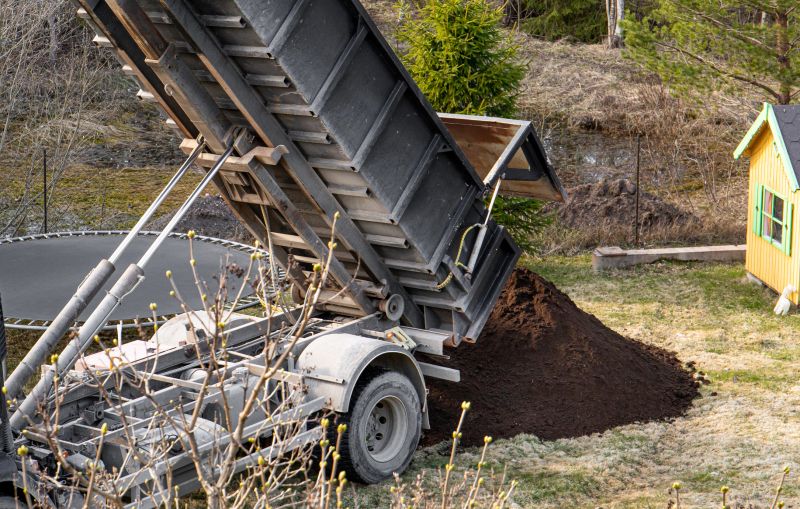
Visuals of soil shifts impacting trailer stability.

Comparison images of ground in different seasons.
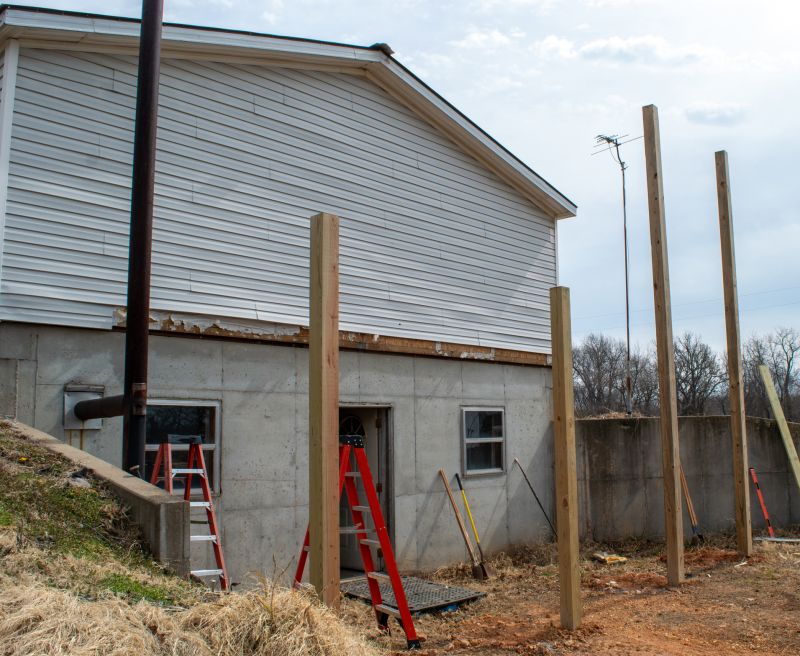
Close-up of support jacks being positioned for leveling.
Interested parties are encouraged to contact for more information about scheduling house trailer relevelings. Proper timing and execution can ensure the longevity and safety of the trailer, making it a worthwhile investment for property owners and seasonal residents alike.
